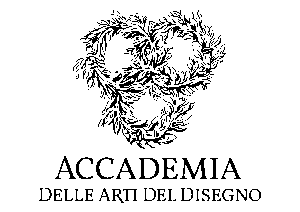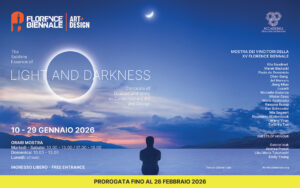At the Vision Awards in New York, the Italo-English studio C+S Architects stands out among hundreds of international candidates and wins Best Concept with its micro-farming project in Peccioli (Pisa), which proposes a new paradigm of rural life based on regenerative agriculture and social housing, reinterpreting the archetypal Tuscan farmhouse in a contemporary key. The award comes just after the London Innovation & Excellence Awards. Maria Alessandra: ‘We are honoured that our research work is appreciated, because research is at the basis of all our projects. And it motivates us to continue working to build a more equitable, fertile and shared world’.
C+S Architects, led by Maria Alessandra Segantini with offices in London and Treviso, won the prestigious international award “Best Architectural Concept of the Year” at the Architizer Vision Awards 2025, with the project LAND-CR.AF.T.ED (Community Reinvent Affordable Food Through Ecologic Design) in Peccioli, in the province of Pisa.
Now in its second year, the award promoted by Architizer celebrates the creative power of design – conceptual projects, drawings, models, renderings and videos – as tools capable of narrating and influencing the contemporary vision of architecture. Out of hundreds of entries from all over the world, only six projects (one per category) were awarded “Best of the Year”, selected by an international jury consisting of, among others, Daniel Libeskind, Steven Holl, Lyndon Neri and Sanjay Puri. The six projects will be published in the November issue of the prestigious American magazine Metropolis.
Winner in the “Architectural Concept of the Year” section, the project by Veneto architect Segantini proposes a new rural paradigm, merging regenerative agriculture and social housing to counter the depopulation of the Italian countryside. The project, which is expected to be financed in the coming months by public and private funds, imagines a microcosm of earthen houses, pixel-farming, irrigation basins and renaturalised forests, organised in a circular masterplan where ecology and community coexist in balance.
The project, moreover, has for months been the focus of media attention for insiders and outsiders alike, having also been reported on Rai Geo by Sveva Sagramola and recognised for its research value together with the theme of schools at the Innovation & Excellence Awards presented to the Veneto architect in London on 26 August.
“This recognition is a great emotion and an encouragement to continue to believe in an architecture that is not limited to constructing buildings, but is instead capable of building relationships also between different disciplines, in this case with agriculture,” says Maria Alessandra Segantini. “Land-CR.AF.T.ED stems from the desire to bring life, dignity and future back to rural areas, transforming the living of the land and cultivating it into collective and regenerative actions. We imagined a place where people cultivate not only food, but also a sense of community and belonging, in harmony with nature. We dedicate this award to all those who believe that architecture can be a tool for social and ecological justice. I thank the jury and Architizer for giving value to the power of architectural storytelling: behind every project there is an idea of the world, and ours wants to be a more equitable, fertile and shared world”.
The twelve prefabricated housing units in the Santo Stefano area in the municipality of Peccioli (province of Pisa, Tuscany) and with low ecological impact (built in wood and raw earth) reinterpret Tuscan farmhouses, here realised using 3D printing techniques. In an area of 11.76 hectares with a building capacity of less than 3,000 square metres, the new social residences are designed as a community of micro-farms that translate the system of historic Tuscan farmhouses into contemporary forms and materials. Varying in size from 80 to 130 square metres, each unit features a living room/kitchen area and one, two or three bedrooms, according to the classic canons of social housing. Each unit is designed by a raw earth fence that also defines a cultivable soil. Here the innovative agricultural concept of “pixel-farming” is grafted, where it is the variety of species and biodiversity that guarantees high productivity.
The project was created with the aim of restoring life and dignity to rural areas, often marginalised by urbanisation and depopulation processes. Segantini’s idea is to transform living into a collective and regenerative act, in which people rediscover a deep connection with the land and with each other. The dwellings, prefabricated as recyclable kits, promote a circular approach. The project also aims to create a multi-ethnic community, capable of cultivating and sharing quality food and knowledge from different cultures, merging innovation, inclusion and environmental sustainability in a new model of living and producing in harmony with the earth.
Source: PK Communication Press Office


